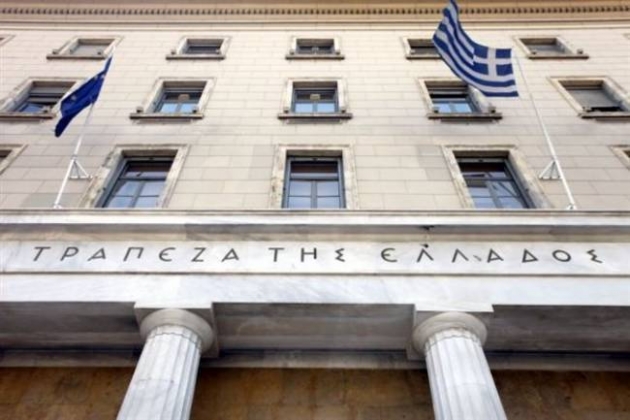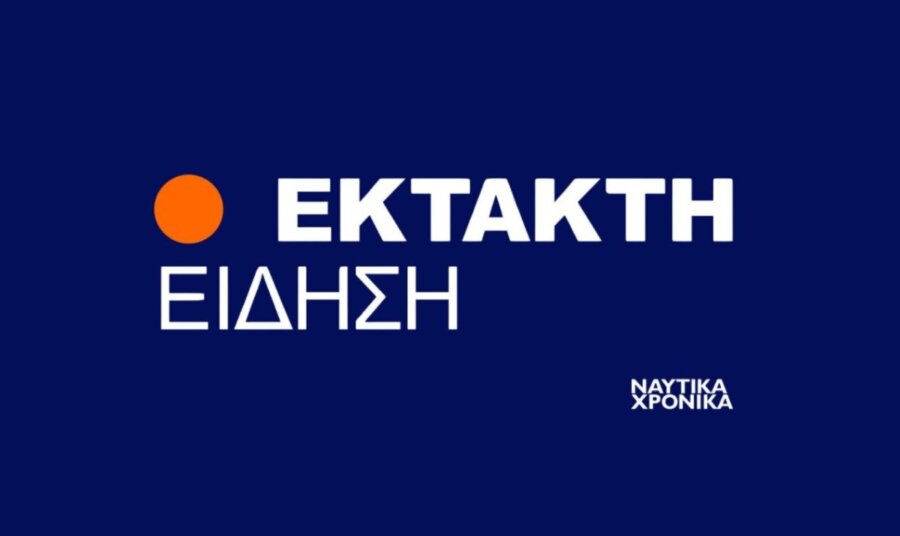

Ας μιλήσουμε για νομισματική ιστορία
Το Πρώτο Σεμινάριο της Ελληνικής Εταιρείας Οικονομικής Ιστορίας θα πραγματοποιηθεί τη Δευτέρα 20 Οκτωβρίου (ώρα 15:00-18:00). Η Σοφία Λαζαρέτου (Τράπεζα της Ελλάδος) θα μιλήσει με θέμα:
South Eastern European Monetary Statistics from the 19th century to WWII: Greece 1833-1949. Historical economic and financial data underpinning analysis and policy making.
Συζητητής: Γιώργος Κωστελένος (Κέντρο Προγραμματισμού και Οικονομικών Ερευνών)
Περίληψη εισήγησης: Modern Greece’s monetary history is more or less terra incognita. The study so far of single economic episodes and individual time periods contributed little to our knowledge of the country’s past monetary experience and the identification of the driving forces of its success and/or failure. The chapter entitled Greece: from 1833 to 1949 is part of a data volume on SEE historical monetary and economic statistics, which is the final product of a long term laborious corroboration between seven central banks. The need to enrich our understanding of historical facts and experiences was the project’s main motivation. This is because good knowledge of the past experience supports macroeconomic analysis and policy making. Quantitative data are an essential tool in this respect. The volume at hand is the first effort to create a standardised, reliable and comprehensive statistical data base of long term series on crucial macroeconomic aggregates for the economies of South-east Europe. Part of this database is the Greek data base. A complete data set for the Greek economy from 1833 to 1949 is presented, covering six broad groups of indicators: monetary variables; interest rates; exchange rates; government finances; prices, production and labour; national accounts and population. Compiling, processing and checking data and constructing indices for such long and distant time periods require in-depth knowledge of the institutional framework of the domestic and the international economic system and policy conduct. To this end, historical data are preceded by a short, whist comprehensive, account of the country’s major monetary events as well as a description of the institutional framework for monetary policy implementation. Detailed explanatory remarks on the definition and description of the variables are presented. Details on data building are also presented. The primary and the secondary data sources used in data collection process are discussed in detail. An index table provides to the user information on the list of variables, the time span, the unit of account and the series’ codes. The electronic annual and monthly data tables are easily been downloaded from the BoG’s website. Such data availability serves as an infrastructure for future policy analysis and research, which would provide clear cut evidence on the benefits and perils Greece faced in its long standing search for a monetary anchor.
Τα Σεμινάρια διεξάγονται μια φορά το μήνα, Δευτέρα απόγευμα, 15:00-18:00, στο Εθνικό Ίδρυμα Ερευνών (Βασ. Κωνσταντίνου 48, Αθήνα, αίθουσα Σεμιναρίων, ισόγειο, στάση «ΕΙΕ» ή μετρό «Ευαγγελισμός»). H είσοδος είναι ελεύθερη για όλους και όλες.
ΝΧ
Συντακτική ομάδα Ναυτικών Χρονικών


Κανονικά τα δρομολόγια πλοίων από το λιμάνι της Ραφήνας
Σε πλήρη επαναφορά της λειτουργίας του λιμανιού της Ραφήνας προχώρησαν οι αρχές, καθώς σύμφωνα με επίσημη ανακοίνωση του Υπουργείου Ναυτιλίας, οι κατάπλοι των επιβατηγών-οχηματαγωγών…

Πυρκαγιά στη Ραφήνα: Διακοπή κυκλοφορίας στη Λ. Μαραθώνος
Η πυρκαγιά που μαίνεται αυτή τη στιγμή στην περιοχή της Ραφήνας έχει προκαλέσει ήδη σοβαρά προβλήματα. Η Αστυνομία προχώρησε σε διακοπή της κυκλοφορίας των…

Η ακαδημαϊκή αριστεία των νέων συσπειρώνει τους Έλληνες εφοπλιστές
Η ελληνική ναυτιλία εξακολουθεί να αποδεικνύει πως αποτελεί αέναο υποστηρικτή της ελληνικής κοινωνίας. Υπό αυτό το πρίσμα, την Τετάρτη 2 Ιουλίου σε μια εμβληματική…

Η αναστολή συνεργασίας Ιράν-ΔΟΑΕ και οι διεθνείς αντιδράσεις
Ο Ιρανός πρόεδρος Μασούντ Πεζεσκιάν έδωσε στις 2 Ιουλίου την τελική του έγκριση σε νόμο που αναστέλλει τη συνεργασία με τον Διεθνή Οργανισμό Ατομικής…

Εγκαίνια της ανακαινισμένης αίθουσας τοκετών Γ.Ν.Α Αλεξάνδρα – Δωρεά Ιδρύματος Αικατερίνης Λασκαρίδη
Την Τρίτη 1η Ιουλίου 2025 πραγματοποιήθηκαν τα εγκαίνια της ανακαινισμένης αίθουσας τοκετών του Γ.Ν.A Αλεξάνδρα και η τελετή ονοματοδοσίας Αίθουσα Τοκετών «Μαριλένας Λασκαρίδη». Η…

Κίνα-ΕΕ: Αντιπαράθεση ή συνεργασία;
Ο κινέζος υπουργός Εξωτερικών Ουάνγκ Γι προειδοποίησε εναντίον των κινδύνων μιας «αντιπαράθεσης», σύμφωνα με ανακοίνωση του υπουργείου του που δόθηκε σήμερα στη δημοσιότητα, τη…

Άνοδος για τις εξαγωγές αργού της Βενεζουέλας, με κινεζικές ευλογίες
Άνοδο κατέγραψαν οι εξαγωγές πετρελαίου και καυσίμων της Βενεζουέλας τον Ιούνιο, καθώς η Κίνα αποτέλεσε «σανίδα σωτηρίας» για τα φορτία του Καράκας. Συγκεκριμένα, σύμφωνα…

Στα σκαριά το νέο υπερσύγχρονο παγοθραυστικό της Νότιας Κορέας
Καθώς το ενδιαφέρον κορυφαίων οικονομιών παγκοσμίως επικεντρώνεται ολοένα και περισσότερο στις πολικές περιοχές του πλανήτη, η ζήτηση για προηγμένα παγοθραυστικά παρουσιάζει σημαντική άνοδο. Στο…